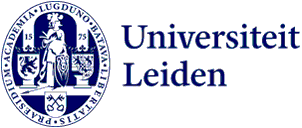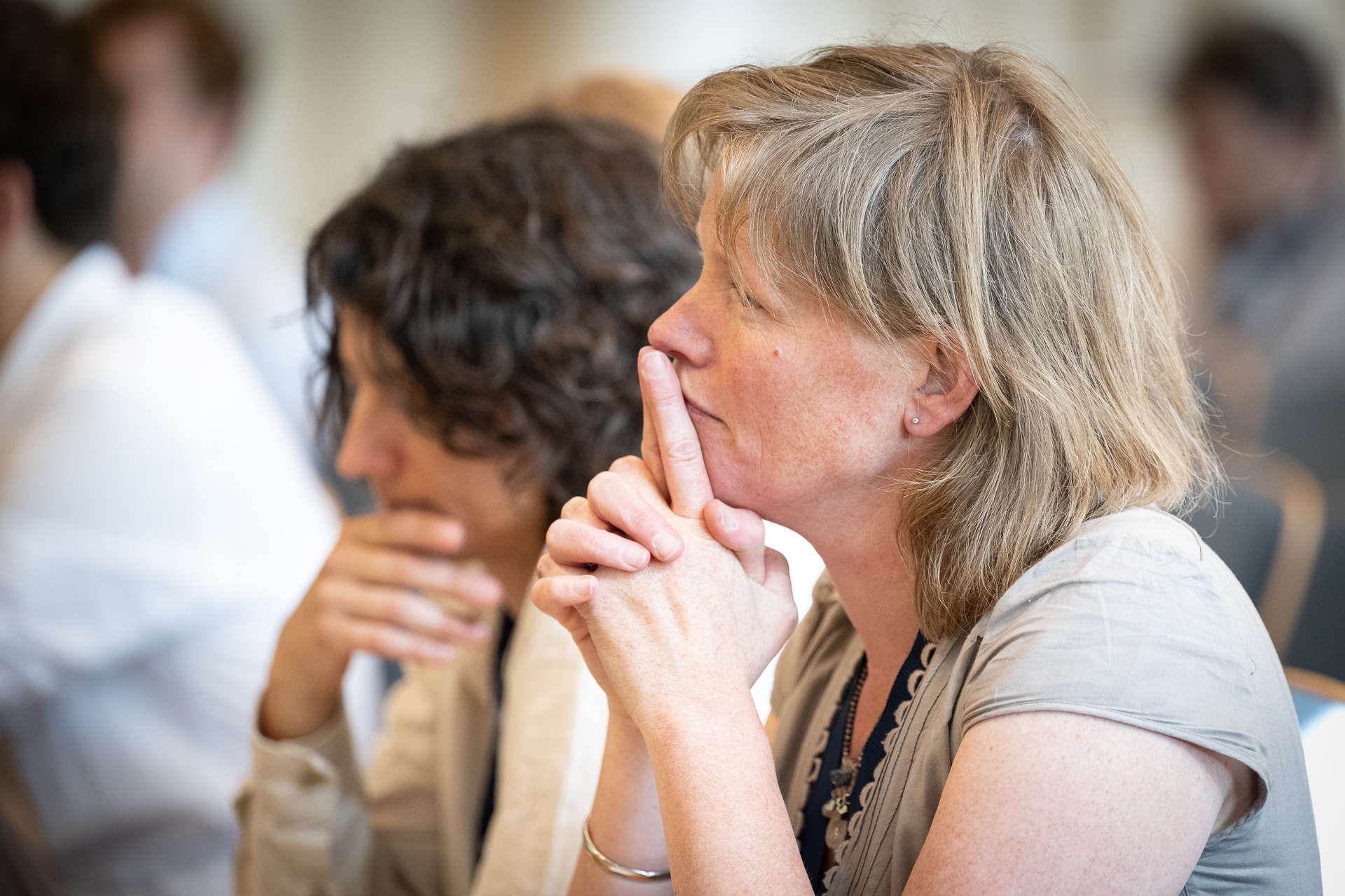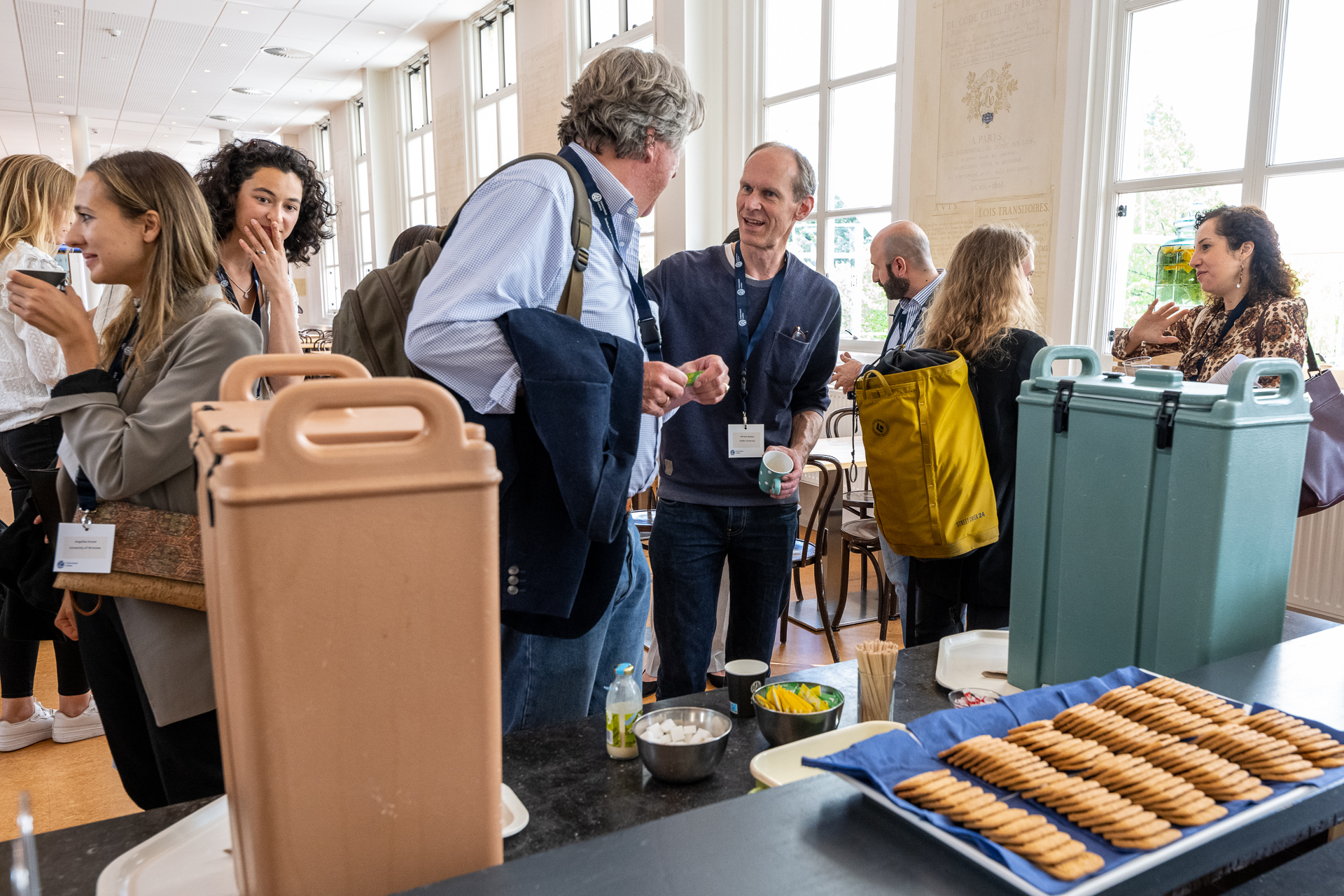Courts as an Arena for Societal Change
On 8 and 9 July 2022, Leiden Law School hosted the second conference of the Research Group on Institutions for Conflict Resolution (COI).
The research group is a joint collaboration between Radboud University Nijmegen, Utrecht University, and Leiden University, funded by the Ministry of Education, Culture and Science under the Dutch Sector Plan for Law. The theme of the conference was Courts as an Arena for Societal Change. The conference brought together nearly 200 researchers and practitioners from around the world, and the overwhelming majority attended in person to discuss the evolving role of the judiciary in addressing difficult and contentious social and political issues.
Lauren Kohn (Cape Town) gave the opening talk on South African constitutionalism, arguing for a reconfiguration of the separation of powers to allow formal recognition of a fourth integrity branch. Tom Ginsburg (Chicago) wrapped up the first day by reflecting on the role of courts in democratisation as well as in democratic backsliding, discussing the manner in which populism can undermine the work of courts. Scott Cummings (Florence/Los Angeles) spoke on the second day about the relation between legal mobilisation and courts as arenas for social change, focusing on the challenge posed by legal mobilisation attacking democratic institutions in the United States.
The topics presented during the various plenary and parallel sessions make it clear that the judiciary faces many challenges at the moment relating to environmental and climate change concerns, migration and human rights issues, threats to democracy, corruption, and other politicised matters. There were also a number of fascinating and timely discussions about how the courts have responded in recent times of crisis, particularly in relation to the impact of COVID-19 on access to justice. In addition, there was a roundtable featuring Dutch legal practitioners who discussed their perceptions of their role in societal change. Some contributions were posted as part of a blog series on Leiden Law Blog prior to the start of the conference.
The conference concluded with a plenary session, Thoughts from the Bench, in which four judges were interviewed by colleagues Margaretha Wewerinke-Singh and Bastiaan Rijpkema (both from Leiden University) about the themes that had arisen throughout the conference. Lady Justice Joyce Aluoch (International Criminal Court, Court of Appeal and High Court of Kenya), Judge Paulo Pinto de Albuquerque (European Court of Human Rights), Judge Larisa Alwin (Amsterdam Court of Appeal), and Judge Egbert Myjer (European Court of Human Rights) all shared their views on the role of judges in defending democracy and the rule of law, and in what circumstances it might be desirable or even necessary for judges to make decisions on political matters. We heard about challenging and unique decisions that these judges faced. Politics, policy and judicial decisions are interconnected inevitably, and it was wonderful to hear from the bench directly in this way.
Chairs Miranda Boone and Alex Geert Castermans were also interviewed by a local radio station Sleutelstad. A special issue of the European Law Journal will be dedicated to the conference.





